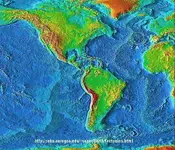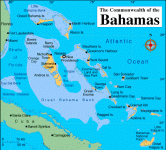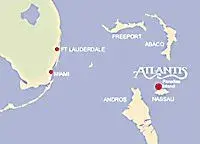Real de Tayopa Tropical Tramp
Gold Member
- Joined
- Nov 8, 2004
- Messages
- 14,582
- Reaction score
- 11,947
- Golden Thread
- 0
- Location
- Alamos,Sonora,Mexico
- Primary Interest:
- All Treasure Hunting
Springfield ***** post Manly Hall was correct to an extent.
Gentlemen:



 yer going to need it. Look closely at the following attachment, notice the tremendous difference between the meteor strike off of Yucatan, and Atlantis.
yer going to need it. Look closely at the following attachment, notice the tremendous difference between the meteor strike off of Yucatan, and Atlantis.
The meteor left a clean strike, floor, while Atlantis / Aztlan left a crumbled mess. Still showing the original basis of a giant Caldera, but with many features buried under the tremendous amount of mud and debris left from the occurrence.©@®
Don Jose de La Mancha
Gentlemen:




 yer going to need it. Look closely at the following attachment, notice the tremendous difference between the meteor strike off of Yucatan, and Atlantis.
yer going to need it. Look closely at the following attachment, notice the tremendous difference between the meteor strike off of Yucatan, and Atlantis. The meteor left a clean strike, floor, while Atlantis / Aztlan left a crumbled mess. Still showing the original basis of a giant Caldera, but with many features buried under the tremendous amount of mud and debris left from the occurrence.©@®
Don Jose de La Mancha




 Also, there were no such countries as Egypt or Athens in that era.
Also, there were no such countries as Egypt or Athens in that era.
 Your 200,000 population was scattered over a wide area, even
Your 200,000 population was scattered over a wide area, even 









